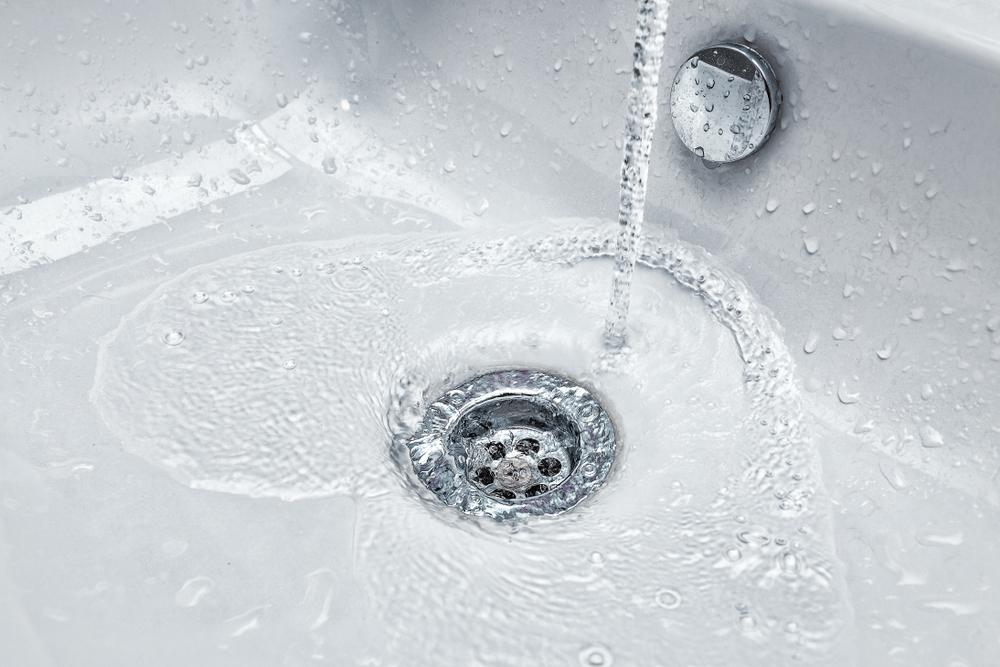If there’s one subject that shows up in my inbox more often than any other, it has to be rust. Ugly, orange-ish stains on tubs, showers, toilets, washing machines, sinks, and even stainless steel.
One reader (who shall remain nameless, as I have hopelessly misplaced your message) wrote that tiny rust marks have appeared on his new stainless steel refrigerator. Sadly, the manufacturer considers this a cosmetic issue, so the warranty does not apply.





